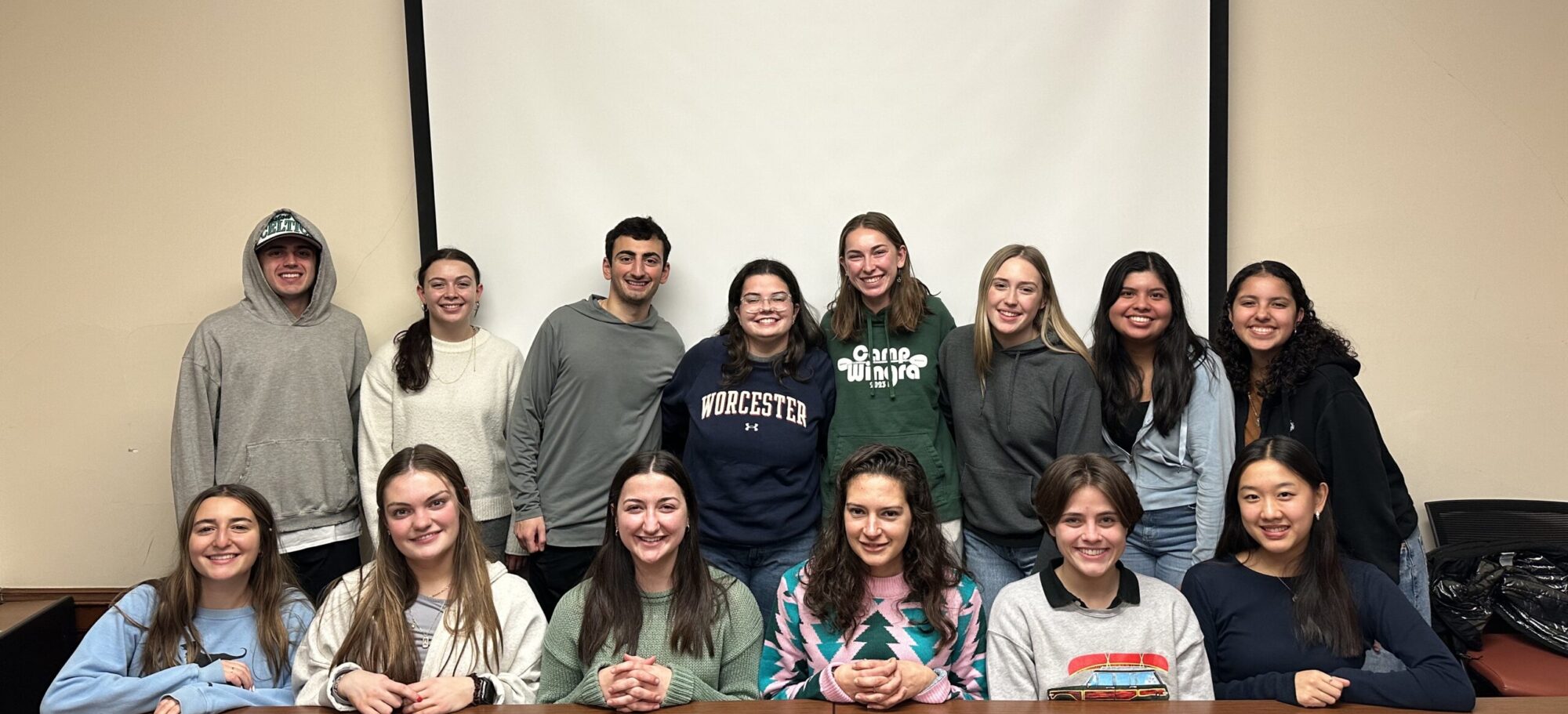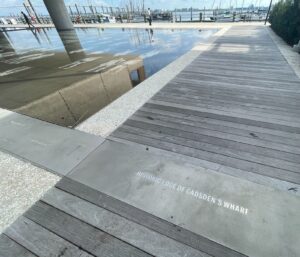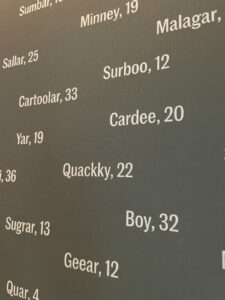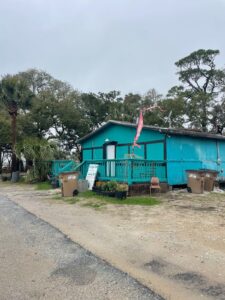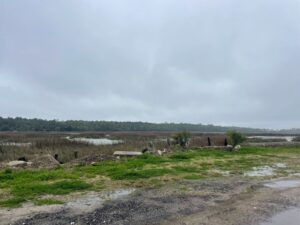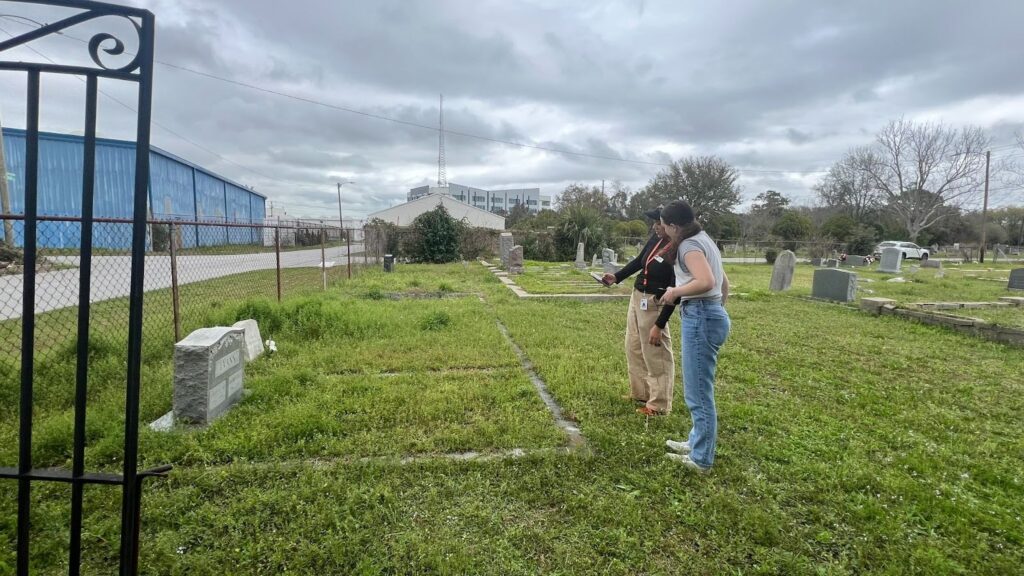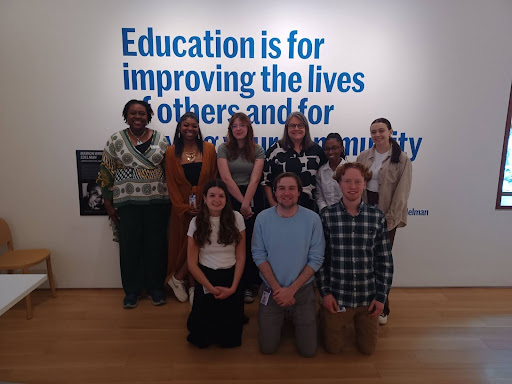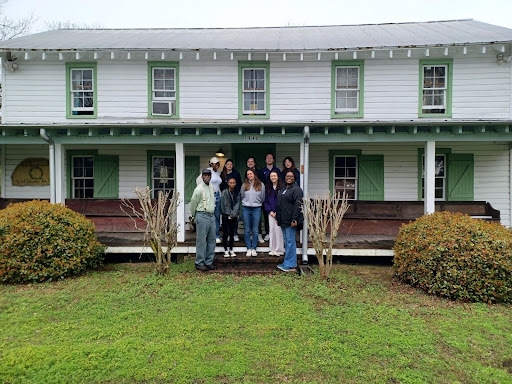As my first year being a CBL Intern comes (shockingly fast) to a close, and as we prepare to welcome the new interns for next year, I have increasingly been reflecting on my new CBL experiences. Choosing a Montserrat that engaged with Community-Based Learning last year introduced me to the Worcester community that I had just joined while also adding a deeper level of learning to my course material. Talking and playing games with the residents of St. Mary Health Care Center during my first-year brought me many new relationships. The women loved to share pieces of their lives with me, offering advice in any area. But, the experience also made obvious the social justice issues that exist for elderly people. For many who are suffering from dementia, they transition from being respected as ‘wise’ for being older to being ignored. Without my experience at CBL, I would not have heard or seen first-hand the challenges faced by older Americans.
Inspired by this connection and the passion I felt to engage with my new community in Worcester, I became a CBL Intern. This year, I have been fortunate enough to engage with some of the best people I have met at the Saint Frances Xavier Center at St. John’s Parish, which offers food to people from the Worcester area. Like another CBL Intern, Courtney, I spend one morning a week learning from the people who visit and those who volunteer. As we prepare food, we chat with each other and the people that come in about life and faith because many of the volunteers are members of the parish or are connected through their Catholic faith. St. John’s has taught me a lot about service, how I want my own service to look, and how to approach my life from a lens of being a person for and with others. Particularly, one of the regular volunteers, Pat, reminds me of the importance of being patient, understanding, and seeing the world in a more positive light. These values are also reinforced by the CBL program.
One of the most meaningful CBL experiences I have had outside of St. John’s this year has been facilitating discussions in Montserrats about the TedTalk “The Danger of a Single Story” by Chimamanda Ngozi Adichie. We have reflected on not only the importance of attempting to expand upon the stories we have about each group of people, but also to amplify the first-person accounts we hear to help share multiple stories with others, too. One first-year from a Montserrat course told our group that he appreciated CBL so much because of the ability to hear about their classmates’ experiences. Although I might interact with people facing homelessness and poverty, other CBL students talk to students who are at risk of dropping out of high school or people earning their GEDs. It is easy to have a single story about a group of people without ever interacting with them, and when your classmates share the stories they are hearing, it helps you fight these single perspectives about groups of people you do not get to directly hear from. As I work to share the stories of the people at St. John’s to share the many faces of homelessness and the humanity of the issues, others tell me about the students they work with who are not actively at risk of dropping out of school, but trying harder than most to make sure that never happens. The implications of amplifying and understanding the multiple perspectives become especially significant when they translate into policy decisions. If we are able to share the stories that we hear, we can all have more humanity and willingness to help.

